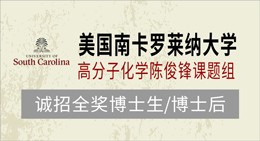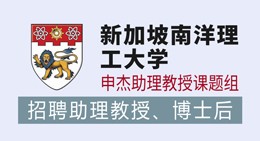Ambio ( IF 5.8 ) Pub Date : 2024-06-08 , DOI: 10.1007/s13280-024-02019-2 Emmanuel Faure , Harold Levrel , Fabien Quétier

|
Rewilding, a concept often defined as an open-ended approach to ecological restoration that aims to establish self-sustaining ecosystems, has gained much interest in recent conservation science and practice. The economic dimensions of rewilding remain understudied, despite repeated calls for research, and we find that synthetic or programmatic contributions to the scientific literature are still missing. Here, we mined Scopus and Web of Science databases through a systematic review, looking for “rewilding” with various economic terms in the peer-reviewed literature, in the English language. We then screened out a 257 references-rich corpus with 14 variables, including the position of rewilding regarding positive and negative economic effects in specific sectors, and geographical or ecological foci. Our corpus amounts to ca. 40% of recent rewilding literature, with a clear emphasis on European study sites and the economic consequences of rewilding initiatives. Rewilding studies often refer to positive economic impacts on tourism and hunting, e.g., through higher income and employment rates, although very few studies properly quantify these. Conversely, most authors find rewilding harms farming, which is threatened by abandonment and damages by wildlife, raising interest in potential EU subsidy regimes. We highlight the surprising paucity of rewilding literature truly focusing on economics and/or providing detailed quantification—with remarkable exceptions. While rewilding’s ecological relevance is no longer in question, demonstrating its economic benefits and sustainability will undoubtedly help scaling up. Thus, we advise rewilders to systematically measure and report investments and outcomes of rewilding initiatives, and to adopt common standards for cost and benefit assessments.
中文翻译:

野化经济学
野化这个概念通常被定义为一种开放式的生态恢复方法,旨在建立自我维持的生态系统,在最近的保护科学和实践中引起了人们的极大兴趣。尽管一再呼吁进行研究,但野化的经济层面仍然没有得到充分研究,而且我们发现对科学文献的综合或规划贡献仍然缺失。在这里,我们通过系统回顾挖掘了 Scopus 和 Web of Science 数据库,在同行评审的英文文献中寻找各种经济术语的“野化”。然后,我们筛选出包含 14 个变量的 257 个参考资料丰富的语料库,包括野化对特定部门、地理或生态焦点的正面和负面经济影响的立场。我们的语料库总计约40% 的最新野化文献,明确强调欧洲研究地点和野化倡议的经济后果。野化研究经常提到对旅游业和狩猎的积极经济影响,例如通过提高收入和就业率,尽管很少有研究正确量化这些影响。相反,大多数作者发现野化危害农业,农业受到野生动物遗弃和破坏的威胁,这引起了人们对欧盟潜在补贴制度的兴趣。我们强调真正关注经济学和/或提供详细量化的野化文学令人惊讶地缺乏——但也有明显的例外。虽然野化的生态相关性不再受到质疑,但展示其经济效益和可持续性无疑将有助于扩大规模。 因此,我们建议野化者系统地衡量和报告野化计划的投资和成果,并采用成本和效益评估的共同标准。












































 京公网安备 11010802027423号
京公网安备 11010802027423号